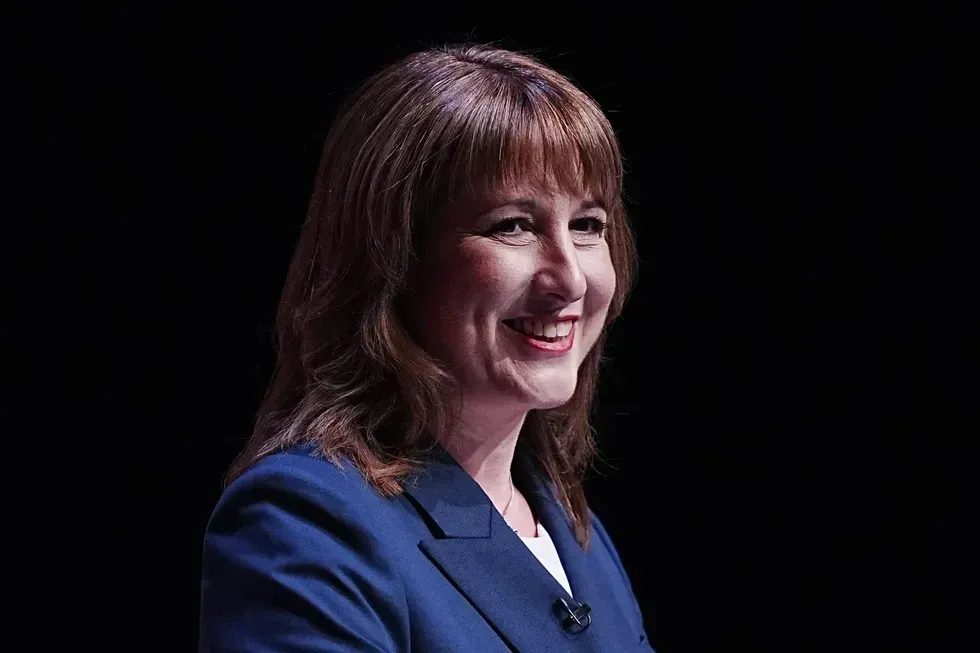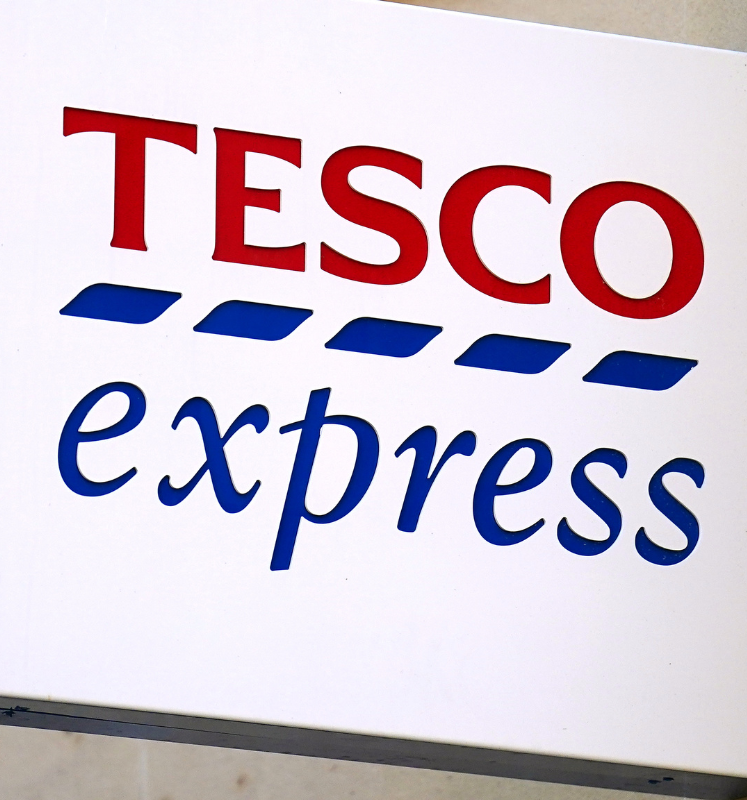British firms have sounded the alarm over potential tax hikes, warning Chancellor Rachel Reeves that they cannot endure additional increases in the forthcoming November Budget.
The caution comes as corporate confidence languishes at its lowest point in three years.
A comprehensive British Chambers of Commerce study encompassing more than 4,600 companies revealed that enterprises remain deeply affected by the previous year’s £40billion tax burden.
The research indicates that fewer than half of businesses anticipate improved trading conditions over the next 12 months.
The survey exposed that 59 per cent of companies now identify taxation as their primary concern – a dramatic increase from 36 per cent before the previous Budget.
Meanwhile, 57 per cent cite inflation as a major worry, marking the highest level since early 2024.
The Chancellor faces mounting pressure as businesses struggle with the aftermath of last autumn’s fiscal measures, which included a £25billion increase in employer national insurance contributions.
The policy drove up employment costs, resulting in workforce reductions and price increases across sectors.

David Bharier, head of research at the British Chambers of Commerce, stated: “Firms remain bruised and are not ready for another Budget battering.”
He emphasised that small and medium enterprises (SME) have consistently reported escalating costs and diminished investment capacity throughout the past year.
The hospitality sector appears particularly vulnerable, with more than one-third of establishments reducing their investment programmes.
Across all industries, one in four businesses has curtailed expansion plans, while a fifth anticipates declining revenues in the year ahead.
Ms Reeves’ potential plans for an additional £30billion in tax revenues have prompted fierce opposition from business leaders.
Latest Development
- Rachel Reeves’ Autumn Budget could push millions to switch car insurance policies
- Rachel Reeves under pressure as National Lottery tax faces £8billion shortfall
- Income tax hike ‘least damaging’ option for Rachel Reeves at Budget, think tank warns

Tesco chief executive Ken Murphy declared last week: “Enough is enough,” capturing the sentiment across British commerce.
Shadow Chancellor Mel Stride attributed the economic malaise directly to Government policy, stating: “Business confidence has been shattered – not by global uncertainty, but by deliberate choices made by Rachel Reeves.”
The British Chambers of Commerce research reveals that corporate sentiment shows no signs of recovery from 2022 levels.
Mr Bharier warned that persistent weak sentiment might indicate firms have already anticipated harsh Budget measures, adding: “What businesses need now is certainty and a long-term strategy, not more ad hoc policy shifts.”

The economic repercussions extend beyond corporate boardrooms, with recruitment activity declining as employers postpone hiring decisions.
KPMG and the Recruitment and Employment Confederation reported diminishing demand for new personnel.
KPMG chief executive Jon Holt noted: “With very little positive news out there on the economy in recent months, and lots of speculation about the Budget, it is understandable that employers are cautious with their hiring.”
Consumer behaviour reflects similar apprehension, according to the British Retail Consortium.
Helen Dickinson, BRC chief executive, added: “Low consumer confidence ahead of a potential tax-rising Budget kept many shoppers away in September.”
Britain’s inflation rate has surged to 3.8 per cent, nearly double the Bank of England two per cent target and the highest among G7 nations, having climbed from 1.7 per cent before last October’s Budget.
The British Chambers of Commerce has urged the Chancellor to avoid further fiscal burdens on enterprise, with Mr Bharier declaring: “Our message to the Chancellor ahead of the Budget is clear – no further tax rises on business.”
Neil Carberry, REC chief executive, advocated for measures that would stimulate economic activity, calling for a “pro-growth” Budget alongside practical reforms to Labour’s employment rights legislation.
He emphasised the need for policies that would inject “a shot of confidence in the wider economy to get things going.”
The British Chambers of Commerce cautioned that without immediate Government intervention to restore corporate confidence, economic expansion could face serious jeopardy.
Business leaders stress that enterprises require stability and strategic planning rather than unexpected policy changes that could drive sentiment to even lower depths.
Our Standards:
The GB News Editorial Charter







Follow